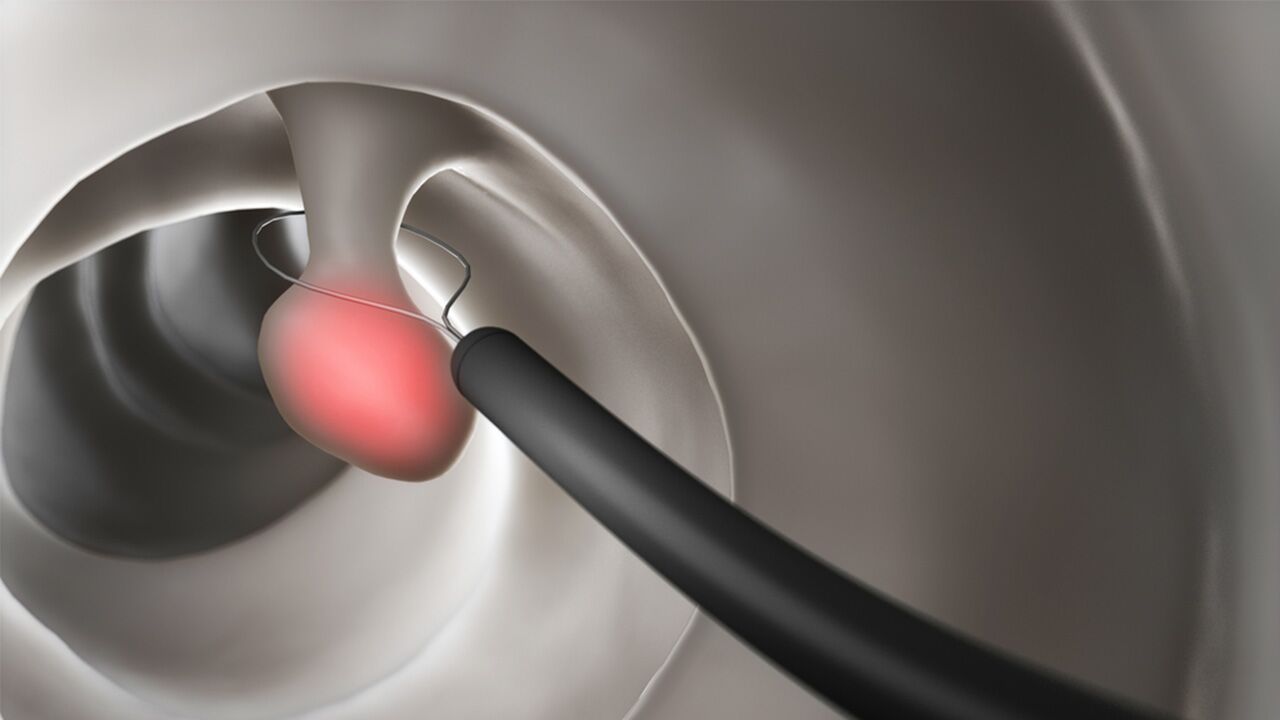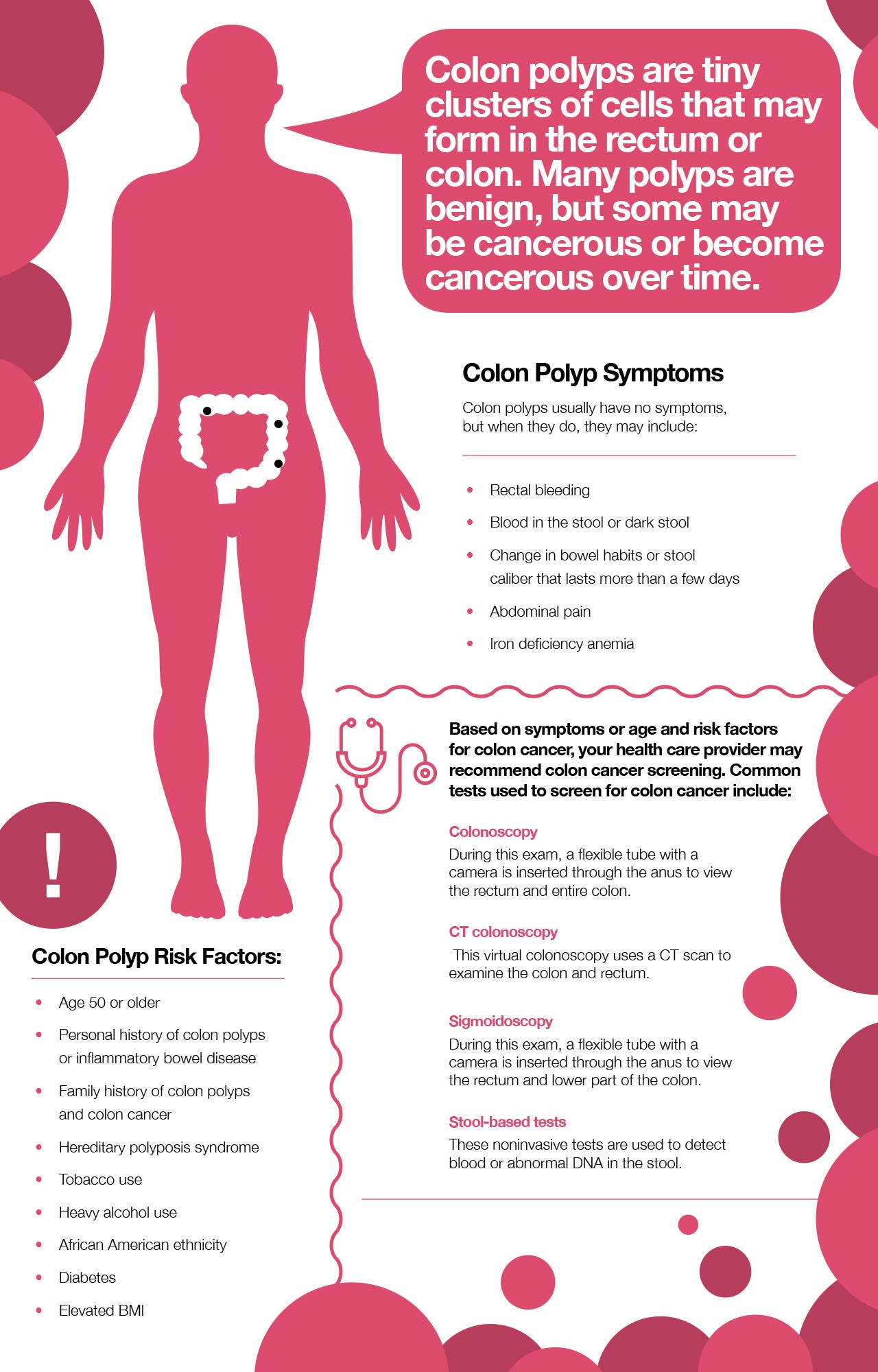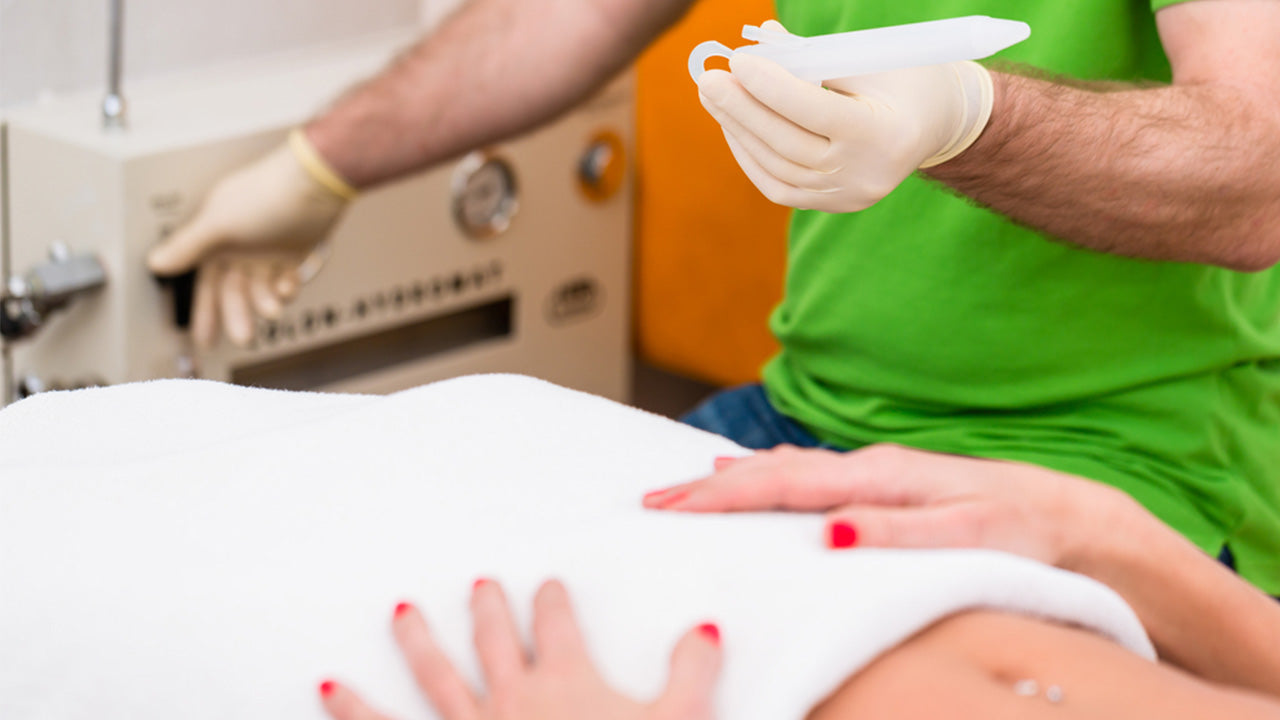Colon Polyps: Causes, Symptoms, Types, Cancer Risks
 By: by Amino Science
By: by Amino Science

Colon cancer, or colorectal cancer, is the third most common cancer affecting women and men in the United States and the second leading cause of cancer-related deaths. The American Cancer Society estimates that over 145,000 Americans will be diagnosed with the disease in 2019. And the culprit behind most of these cases? Colon polyps.
Colon polyps, also called colorectal polyps, are small clusters of cells that form on the lining of the colon (large intestine) or rectum. Although most polyps are benign, over time—usually a period of years—some may become cancerous.
However, when caught early, colon cancer is one of the most preventable types of cancer, so keep reading to learn everything you need to know about colon polyps and what you can do to reduce your risk.
What Causes Colon Polyps?
Although the root cause of colon polyps is unknown, they occur when normally healthy cells mutate and begin to grow and divide in an unregulated manner. If this uncontrolled growth goes on long enough, the cells eventually form small clumps, or polyps. Colon polyps are found in about 20% to 30% of adults in the United States.
Colon Polyp Symptoms
Colon polyps often don’t present with any symptoms. However, when symptoms do occur, they may include:
- Change in bowel habits
- Blood in the stool
- Dark stool
- Rectal bleeding
- Abdominal pain
- Iron deficiency anemia
Types of Colon Polyps
There are several different types of colon polyps, but each type falls into one of two main categories.
- Non-neoplastic: This group includes inflammatory, hamartomatous, and hyperplastic polyps. These types of polyps generally don’t become cancerous.
- Neoplastic: This group includes serrated and adenomatous polyps. These types of polyps have a greater chance of becoming cancerous. The location and size of the polyps also help determine this risk.
Colon polyps are also classified based on their shape.
- Pedunculated: These types of polyps are attached to the end of a stalk and resemble mushrooms.
- Sessile: These types of polyps lie flat against the lining of the intestine and can be harder to see.
Risk Factors for Colon Polyps
Colon polyps can form in anyone at any time, but there are a few risk factors that make some people more likely to develop polyps than others. These include:
- Age: People aged 50 and older are at greater risk of developing colon polyps.
- Personal history: People with a history of inflammatory bowel diseases like Crohn’s disease and ulcerative colitis are at greater risk, and people with a history of polyps are also at increased risk of developing new polyps.
- Family history: People with a family history of colon polyps and colon cancer have an increased risk of developing a polyp themselves.
- Genetics: People with genetic disorders such as hereditary mixed polyposis syndrome, familial adenomatous polyposis, Gardner syndrome, Peutz-Jeghers syndrome, and hereditary nonpolyposis colorectal cancer (Lynch syndrome) have a greater risk of colon polyps.
- Tobacco use: People who smoke have an increased risk of developing colon polyps.
- Alcohol use: People who drink excessively have an increased risk of developing colon polyps.
- Ethnicity: African Americans have a higher risk of both colon polyps and colon cancer.
- Diabetes: People with diabetes are at greater risk of developing colon polyps.
- Elevated body mass index (BMI): People who are overweight or obese have an increased risk of colon polyps.
While the U.S. Preventive Services Task Force recommends that people at average risk begin regular colorectal cancer screenings at age 50, the American Cancer Society recommends regular screenings beginning at age 45.
However, anyone with risk factors for colon polyps or colon cancer should still speak with their health care provider about the best time to begin colon cancer screening.

Treating Colon Polyps
Treatment for colon polyps usually consists of a simple removal technique performed during an endoscopic procedure. However, if the polyp or polyps are very large, surgery may be required to remove them.
There are four main types of procedures that are used to find and/or remove colon polyps. These are:
- Colonoscopy: During a colonoscopy, the entire colon and rectum are examined with the use of a flexible fiber-optic instrument called a colonoscope.
- Sigmoidoscopy: During a flexible sigmoidoscopy, a tube called a sigmoidoscope is used to examine the rectum and lower part of the colon.
- Computed tomography (CT) colonography: This virtual colonoscopy is the noninvasive alternative to traditional colonoscopy, utilizing a CT scan to examine the large intestine and rectum. While CT colonography is as effective at catching abnormalities as a traditional colonoscopy, a colonoscopy is required to remove polyps found during the exam.
- Stool-based tests: These types of tests look for signs of abnormal deoxyribonucleic acid (DNA) or blood in the stool. If positive, a colonoscopy is required for further examination.
Preventing Colon Polyps
Whatever your risk factors, there are things you can do to reduce your chance of developing colon polyps and colon cancer. The best way, of course, is making sure you have regular screenings. However, certain lifestyle choices have also been shown to decrease the risk of both polyps and cancer. These include:
- Eating a healthy diet: Limiting the consumption of red meat and processed foods and focusing on eating a wide variety of fruits, vegetables, and whole grains can help decrease your risk of colon polyps. Increasing vitamin D and magnesium intake can also be helpful, as can supplementing with essential amino acids.
- Moderating alcohol intake: Limiting alcohol consumption to no more than one drink a day for women and two for men can reduce your risk.
- Stopping smoking: According to one study, people who smoke have a two-fold increased risk of developing colon polyps, so quitting smoking now may reduce your risk.
- Exercising: According to one study, getting greater than 4 hours of exercise each week may help reduce your risk of colon polyps.
- Losing weight: Maintaining a healthy weight and limiting excess abdominal fat can decrease your risk of colon polyps.
While there’s no way to prevent every cancer, knowing your risk factors, getting screened, and making healthy lifestyle choices are the best way to stack the odds in your favor.
And if you’re experiencing any symptoms that have you concerned, such as altered bowel movements or abdominal pain, speak with your health care provider. They can work with you to find the screening test and treatment options that are right for you.

Up to 25% off Amino
Shop NowTAGS: conditions
Join the Community
Comments (0)
Most Craveable Recipes




 833-264-6620
833-264-6620



















